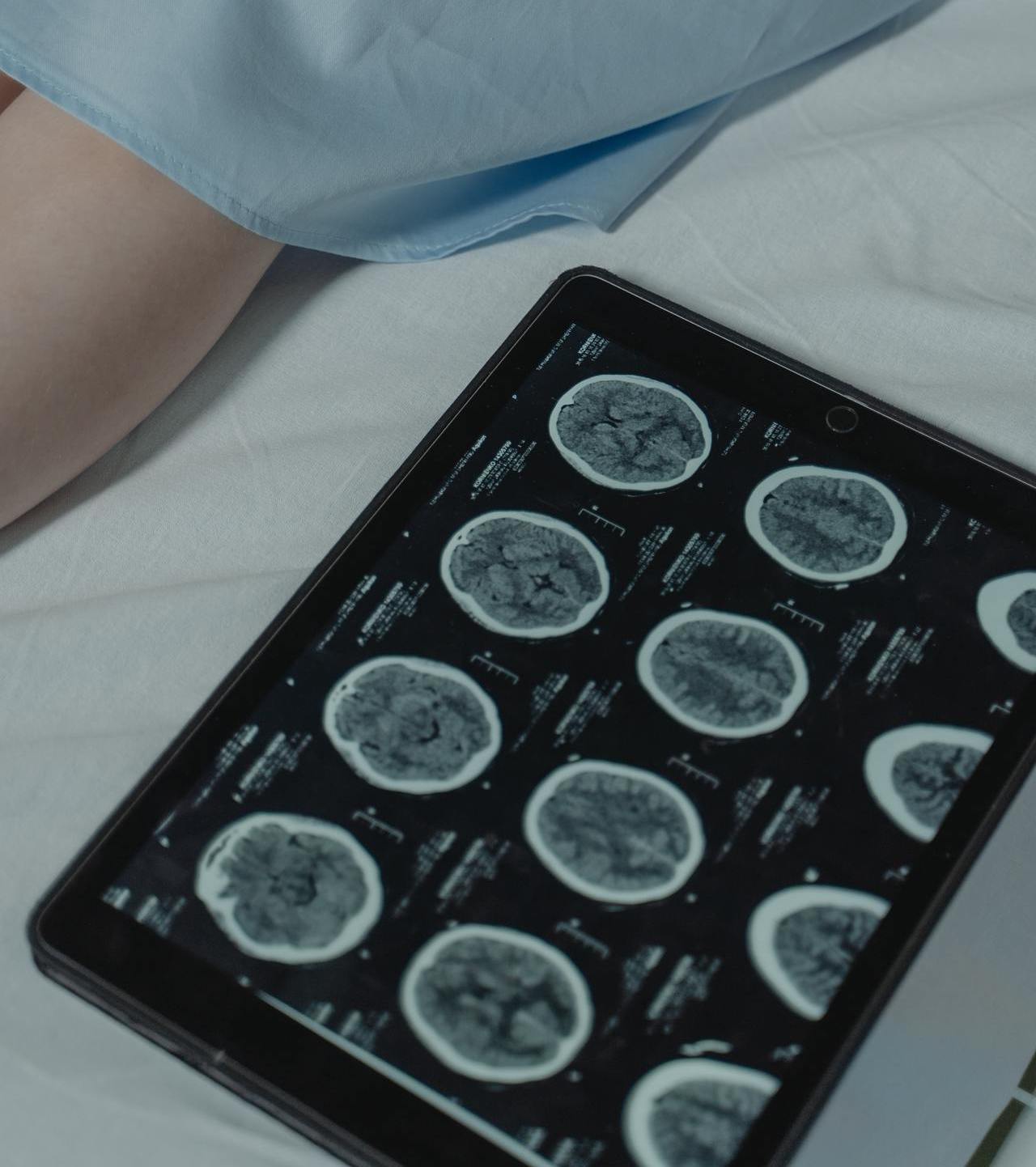The Neuroscience of Trauma: How Traumatic Experiences Impact the Brain
Posted on 4th February 2023 at 13:17
The study of the neuroscience of trauma has been growing in recent years, revealing new insights into how traumatic experiences can impact the brain. Trauma can come in many forms, such as physical abuse, sexual assault, combat exposure, or natural disasters.
When someone experiences trauma, the brain activates a series of responses to protect the individual from danger. In the short term, these responses can be adaptive, but when trauma is chronic, it can have a lasting impact on brain function and structure.
Brain regions affected by trauma
The brain regions most impacted by trauma are the amygdala, hippocampus, and prefrontal cortex.
The amygdala is responsible for processing emotions, particularly fear. When someone experiences trauma, the amygdala is activated, producing a fight-or-flight response. Over time, chronic activation of the amygdala can result in increased anxiety and the development of PTSD.
The hippocampus is crucial for memory formation and recall. Traumatic experiences can profoundly impact the hippocampus, leading to problems with memory consolidation and retrieval problems. This can result in individuals having difficulty recalling memories or being fragmented or distorted. This can contribute to the re-experiencing symptoms that are associated with PTSD.
The prefrontal cortex regulates emotions, decision-making, and executive functions. Chronic stress from trauma can affect the prefrontal cortex, leading to difficulties regulating emotions and impulsive behaviour. This can result in individuals experiencing depression, anxiety, and other mood disorders.

Production and regulation of neurotransmitters and hormones
In addition to impacting brain regions, trauma can also alter brain function. Chronic stress from trauma can affect the production and regulation of neurotransmitters and hormones, such as cortisol and adrenaline. This can result in alterations to the brain's reward system, leading to anhedonia and other symptoms of depression.
One of the most notable impacts of trauma on the brain is the development of PTSD. PTSD is a disorder that can develop after an individual experience a traumatic event. Symptoms of PTSD include re-experiencing the traumatic event, avoidance of reminders of the event, increased arousal, and negative changes in mood and cognition. PTSD is thought to develop due to changes in brain function and structure that occur after exposure to trauma.
The study of the neuroscience of trauma is still in its early stages, but the growing body of research has provided new insights into the impact of traumatic experiences on the brain. This research has led to the development of new treatments and interventions aimed at helping individuals recover from traumatic experiences.
Share this post:


